Posted on 12/22/2021
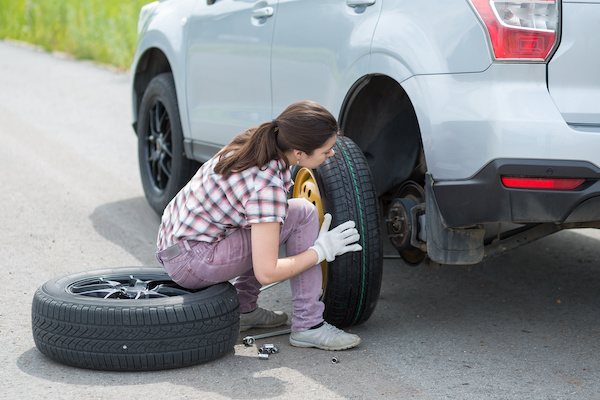
As a driver, you need to have the skills to change your tire. Although you can call a mechanic to fix the mess, it may not happen at times. For instance, you may be in the middle of the woods late at night where there's no network signal and no people are living around. Here are some guidelines to follow in case you get a flat tire. Your vehicle's tool kit should always have the following items to change a tire: Jack Lug wrench Fully inflated spare tire Vehicles owner's manual If you lose one of these pieces, you should purchase it immediately. Additionally, ensure your spare tire is inflated at all times to recommended levels before starting a trip. Follow the following steps to change your flat tire. Find A Secure Area Once you get a flat tire, do not brake or turn. Reduce the speed and check the area if it is secure. An empty parking lot should be your first option. Furthermore, a leveled ground is better because it will prevent the car from rolling when y ... read more
Posted on 11/29/2021
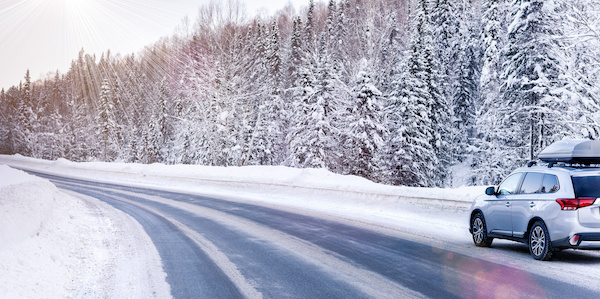
The winter weather can be rough on your car, truck, or SUV. You may experience hard starts, rough idling, stalling, and even have an accident. You should feel lucky if you have a garage as you run a lower chance of experiencing these problems. Since cold weather can worsen pre-existing issues, it is essential to have a check-up to get your car the necessary repairs at the start of the season. TIPS TO KEEP YOUR VEHICLE GOING STRONG Here are some of our suggestions on cold-weather vehicle maintenance and how to keep your car running in frigid conditions: Replace your filters (air, engine, fuel, etc.). Test your HVAC system, including the defrosters. The defrosters will eliminate moisture build-up on your glass surfaces. Test all your lights (headlights, taillights, and brake lights) to ensure they're lit and aimed correctly. Check the level and concentration of your engine coolant to ensure your engine is in healthy condition. Inspect your belts, clamps, and hose ... read more
Posted on 10/25/2021
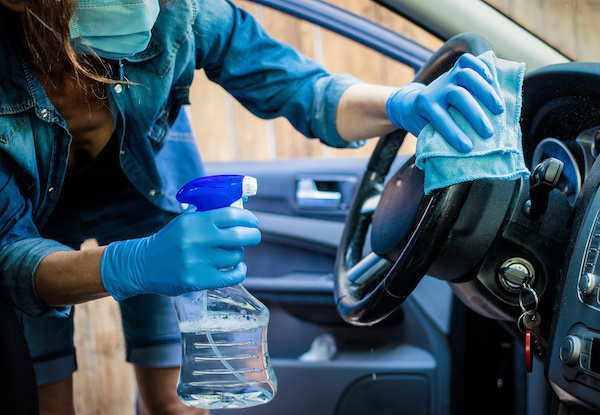
It is manageable to remember to wash your hands and wash your car, but it can be easy to forget to sanitize your vehicle. Now that it's fall, it also means flu season is right around the corner. To avoid getting sick, the team at Foreign Auto Services Inc. has put together an unbeatable cleaning process to combat those germs in your car. Wash and vacuum the inside. This one is a given. Please start by vacuuming all the nooks and crannies of your vehicle, making sure to get rid of all those pesky crumbs and sediments of dirt. Once you have sucked up all the dirt, it is time to wash your interior. We recommend using a softer brush and mild soap. Please do not skimp on the soap, as it will help remove the grime sitting inside your car. If you want to get fancy, you can get specialized cleaning products on top of the soap and water. Sanitize. Disinfectant wipes can do the job, but you can use 70 percent isopropyl alcohol as a substitute if you don't have any on hand. When w ... read more
Posted on 9/28/2021
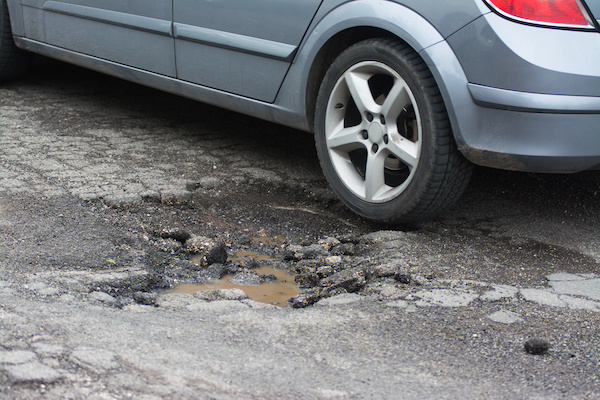
Potholes can sometimes be challenging to catch and can sneak up on you at any second. The scary thing is - they're all around I-66, Chantilly, VA, everywhere! Potholes can be hazardous for your automobile. You may sometimes suffer from more than just a bump in the road, but the pothole can damage your car's suspension, steering, and wheel alignment. You can avoid the damage and scares of potholes by following a few simple tips. Top Tips on How to Prevent Pothole Damage Leave extra space between your car and other vehicles. If you're traveling bumper to bumper, you won't be able to spot any potholes, let alone have time to react. According to basic driver's ed principles, you should always leave at least three seconds of space between you and the vehicle ahead of you. Maintaining a sufficient amount of room between cars will not only help you see the road gashes, but it can also prevent you from being in a bumper-to-bumper accident. Make sure your tires are proper ... read more
Posted on 8/23/2021
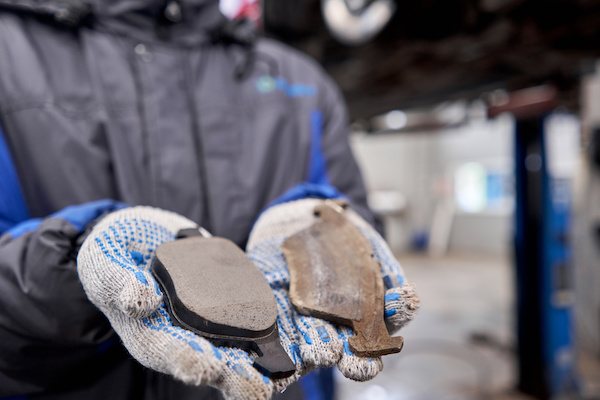
When you are driving your car at high speeds and need to brake, you may feel mild to violent vibrations through your gas pedal or your steering wheel. These sensations are known as brake shudders or brake judders. Disc brace system difficulties cause this and can be dangerous if not addressed quickly. Heat is generated from braking which can cause brake rotors to become uneven or warped over time. When brake pads are in poor condition, they can add a squeaking sound to the vibrations you feel. This is a sign that your brake pads are needing to be replaced. They can also be soiled from dirt and oil which will cause these vibrations. Alignment and suspension issues also can cause your car to vibrate when you brake. This can affect your car's wheel bearings, tie rods, and ball joints. Normal wear and tear can also be the reason for all of this. Your suspension may be the cause of these vibrations if you feel them during a turn when you are braking normally. ... read more